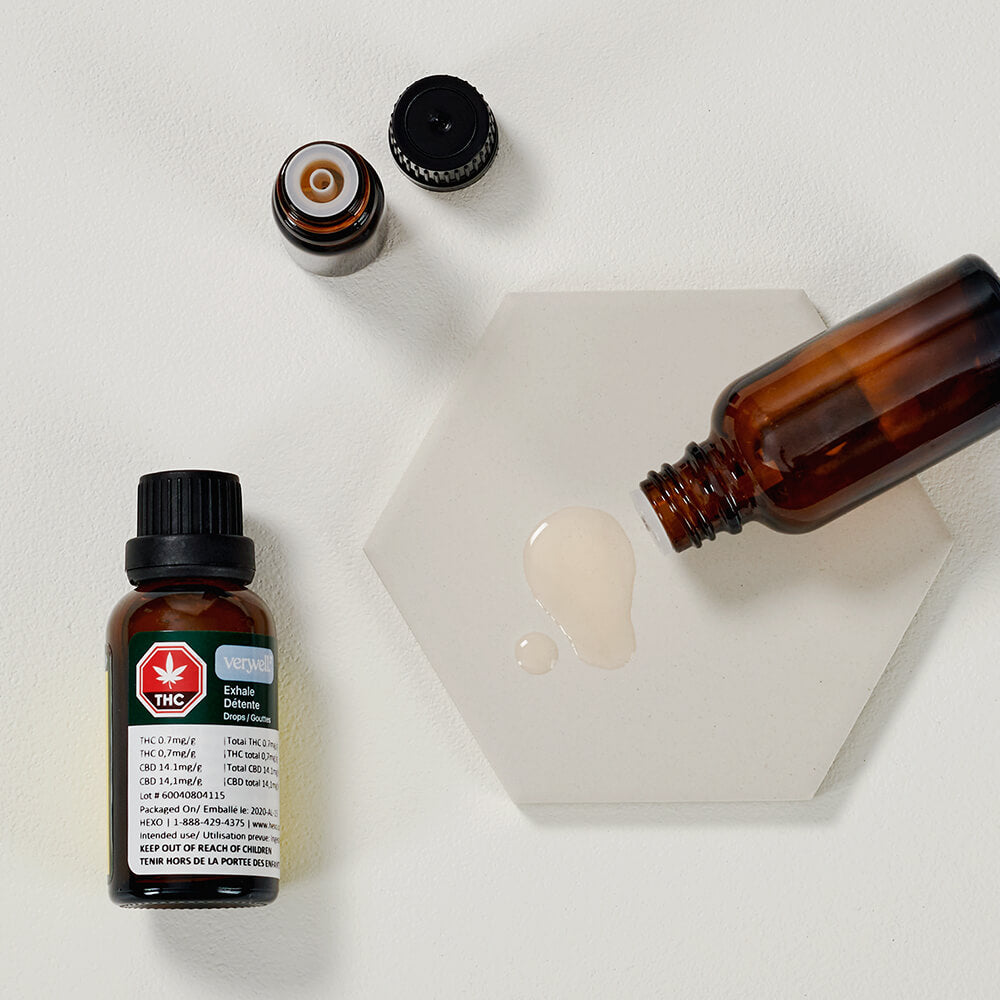Cannabis Oil: Understanding the Basics, Pros & Cons
Cannabis oil, a concentrated extract blended with a neutral oil, has become a popular choice for those seeking an alternative to smoking or vaporizing dried cannabis. Typically packaged in bottles with spray tops or droppers, this oral consumption method offers a diverse range of products, incorporating both tetrahydrocannabinol (THC) and cannabidiol (CBD), along with minor cannabinoids like CBC and CBG.

How is cannabis oil made? Derived from cannabis extract, a concentrated form of cannabis containing cannabinoids and other active ingredients, cannabis oil is dissolved into a neutral oil, such as sunflower, olive, or medium-chain triglyceride (MCT). The latter is often derived from coconut oil.
Types of cannabis oil Bottled cannabis oil may vary in composition, containing different ratios of THC and CBD. Examples include:
-
Full-spectrum oil: Rich in cannabinoids, terpenes, and other active ingredients, providing a robust flavour.
-
Isolate and distillate: Refined to specific cannabinoids like THC and CBD, these oils offer a more neutral taste influenced by the chosen carrier oil.
How to take cannabis oil Primarily an oral consumption method, cannabis oil can be taken sublingually (under the tongue) or buccally (in the cheek), allowing cannabinoids to absorb into the bloodstream. Alternatively, it can be added to food or beverages for a slower onset of effects.
Helpful tips for taking cannabis oil:
-
Ensure even mixing by shaking the bottle well.
-
Use the included dropper, spray, or dosing tool for precise measurement.
-
Strictly for oral consumption, not intended for vaporizing, dabbing, or smoking.
Potential effects of cannabis oil While specific data on cannabis oil is limited, products containing THC can induce temporary effects, including feelings of calm, relaxation, and euphoria. Short-term effects also encompass fatigue, sleepiness, altered reaction time, time distortion, impaired memory, anxiety, paranoia, increased appetite, and in rare cases, seizures or changes in heartbeat.
Pros and cons of cannabis oil Advantages:
-
Portable and discreet.
-
Odourless and flavourless, making it easy to add to food and beverages.
-
Smoke-free consumption.
-
Highly concentrated, requiring only a small amount.
-
Precision in dose measurement.
Disadvantages:
-
Slower onset of effects compared to inhalation.
-
Increased potential for overconsumption due to delayed effects.
-
Prolonged duration of effects (12 hours or more) compared to inhalation.
-
Risk of accidental ingestion by children or pets if not stored properly.
